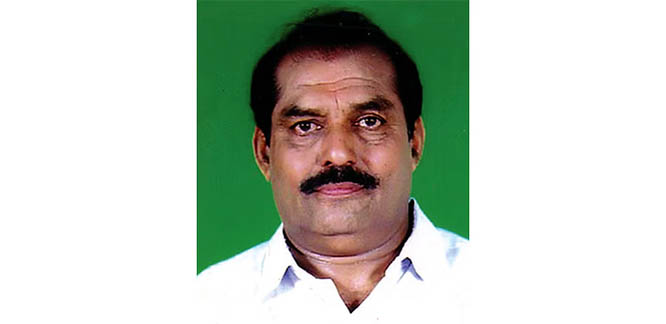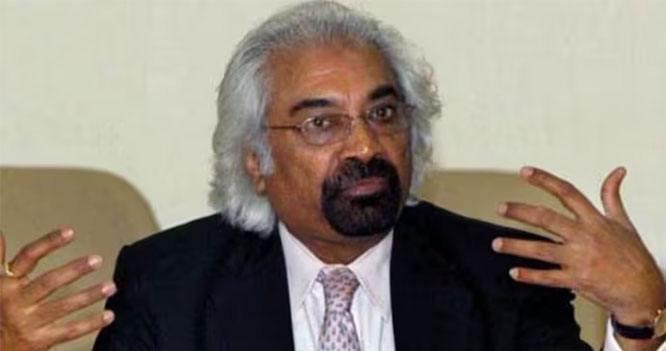New Delhi, Oct 19: Indrani Mukerjea has claimed to have paid a bribe of US $5 million to former Finance Minister and Congress leader P. Chidambaram and his son Karti Chidambaram through offshore payments in Singapore, Mauritius, Bermuda, the UK and Switzerland, the Central Bureau of Investigation stated in the chargesheet filed in a special court on Friday in the INX Media case.
The CBI also stated that it is awaiting response to its Letters Rogatory (formal request to a foreign court for judicial assistance) sent to five countries.
The agency filed a chargesheet against four entities and ten people under sections 120B (criminal conspiracy), 420 (cheating), 468 (forgery), 471 (signing a forged document as genuine) of Indian Penal Code and Section 9 (taking gratification, for exercise of personal influence with public servant), 13(1)(d) (abusing one’s position as a public servant) of 13(2) (public servant who commits criminal misconduct) of Prevention of Corruption Act.
The four entities charged are INX Media Private Limited (currently 9X Media Private Limited), INX News Private Limited (Direct News), Chess Management Services Private Limited and Advantage Strategic Consulting Private Limited (ASCPL).
The agency has charged P Chidambaram, then finance minister, his son Karti P Chidambaram, Ajeet Kumar Dungdung, the then section officer of Foreign Investment Promotion Board (FIPB) unit at Ministry of Finance, Rabindra Prasad, then under secretary at FIPB unit, Pradeep Kumar Bagga, then officer on special duty at Department of Economic Affairs, Prabodh Saxena, then director FIPB, Anup K Pujari, then Joint Secretary (Foreign Trade) Department of Economic Affairs, Sindhushree Khullar, then additional secretary, S Bhaskararaman, Chartered Accountant, and Peter Mukherjea, then director INX Media Limited.
The CBI has made Indrani Mukerjea, who is currently in jail in Mumbai in connection with the murder of her daughter Sheena Bora, approver in the case. She in her statement to CBI also stated that a meeting with P. Chidambaram to discuss the modalities of illegal gratification was held between March/April 2007.
The agency stated that CBI had registered a case in May 2017 to investigate corruption in INX Media Private Limited which had received foreign investment Rs 403.07 crore against approved foreign direct investment (FDI) of Rs 4.62 crore.
Further, this company illegally invested Rs 40.91 crore in its sister concern INX News Pvt Limited from the received FDI amount without approval from FIPB in violation of provisions of Foreign Exchange Maintenance Act.
During investigation, it was found that Indrani and Peter, directors of INX Media Private Limited, entered into a criminal conspiracy with the then finance minister P Chidambaram and his son Karti Chidambaram (the then director Chess Management Services Pvt Limited) and the then public servants of FIPB unit, Department of Economic Affairs for getting the issue settled without any penal action against them.
“This caused undue pecuniary advantage to the companies concerned in terms of possible penalty under FEMA which could have been up to three times the total amount received,” said a senior CBI officer.
The chargesheet stated that Karti had floated a front company, ASCPL, for receiving illegal payoffs in the guise of various consultancies and other fees and payments.INX Media had also made a payment of Rs 9.96 lakh into the account of ASCPL.
“An illegal payoff without delivering any service,” said CBI adding that further probe into the matter is on.
The Enforcement Directorate (ED) too had filed a money laundering case against Chidambaram in this regard in 2017. In the case, a Delhi court on Thursday sent P. Chidambaram to custodial interrogation by the Enforcement Directorate till October 24.








Comments
Add new comment